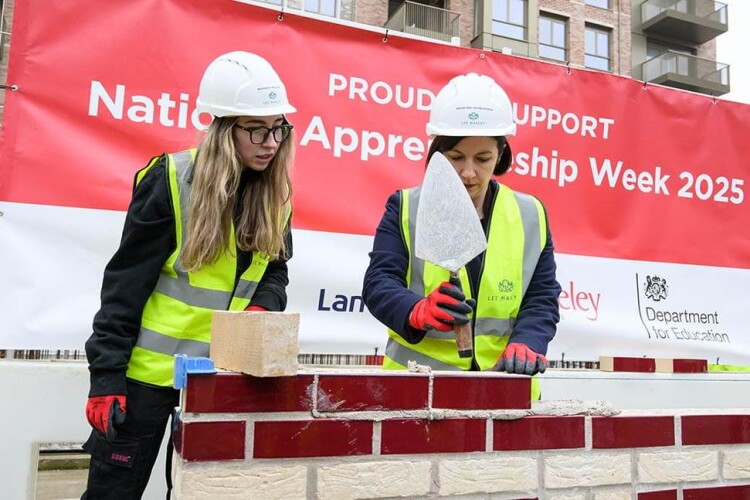
Apprentices will no longer be required to complete a level 2 English and maths qualification (equivalent to GCSE) in order to qualify.
According to the Department for Education (DfE), this one stroke of the pen, effectively immediately, could mean as many as 10,000 more apprentices per year now being able to complete their apprenticeships. Many of those are expected to be in construction.
“It does not mean that apprentices won’t be assessed on core English and maths skills relevant to their occupation, but it does mean that apprentices will be able to focus more on their paid work,” the DfE said.
The minimum duration of an apprenticeship is also being be reduced to eight months, down from the current minimum of 12 months.
Changes to the minimum length of an apprenticeship will be introduced from August 2025 subject to the legislative timetable, with changes to English and maths requirements coming into effect immediately.
Education secretary Bridget Phillipson said: “Businesses have been calling out for change to the apprenticeship system and these reforms show that we are listening. Our new offer of shorter apprenticeships and less red tape strikes the right balance between speed and quality, helping achieve our number one mission to grow the economy.”?

Matthew Percival, future of work and skills director at the Confederation of British Industry (CBI) said: “Apprenticeships have an important role to play in building the skills for growth. Greater flexibility on minimum length and on English and Maths requirements will help businesses to offer more workers the opportunity to add to their skills.”
Some were sceptical, however.
David Crosthwaite, chief economist at the Building Cost Information Service (BCIS), said:
“On the surface, easing restrictions on apprenticeships and creating greater flexibility for businesses is a welcome step. However, we need to ask serious questions about how much of an impact this will have in the short-term. The headline figure of 10,000 more apprentices sounds impressive but in reality is not even enough to address the significant loss of skilled labour seen over the past five years.
“Further, while reducing the minimum apprenticeship duration from 12 months to 8 months might improve completion rates, it raises concerns about training quality. If it previously took a year to equip apprentices with the necessary skills, can this be effectively achieved in just eight months without compromising standards?
“If the government is serious about tackling the construction skills shortage, it needs to commit to a broader strategy, which cannot ignore the historic importance of overseas workers. Of course, the industry has to play its part in this too by making construction an attractive career with more direct employment in place of self-employment.”
Got a story? Email news@theconstructionindex.co.uk
#requirement #apprentices #scrapped